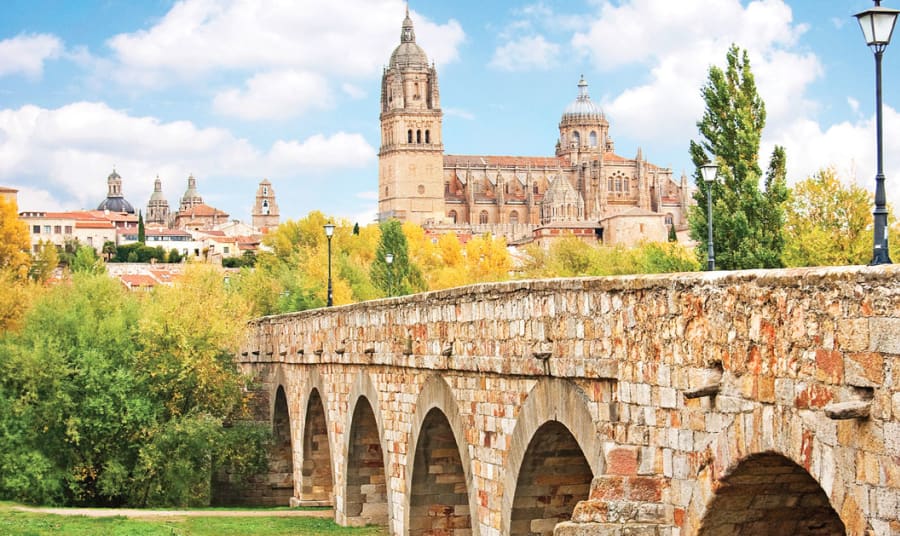 Learn more about what it’s like to travel, explore, and study or intern abroad in Spain in our blog posts. Enjoy travel guides, tips, tricks, and reflections from current and former AIFS Abroad participants.
Learn more about what it’s like to travel, explore, and study or intern abroad in Spain in our blog posts. Enjoy travel guides, tips, tricks, and reflections from current and former AIFS Abroad participants.
Have you ever wondered what it’s like to study abroad in Salamanca, Spain? This charming city in northern Spain has so much to offer college students interested in a global …